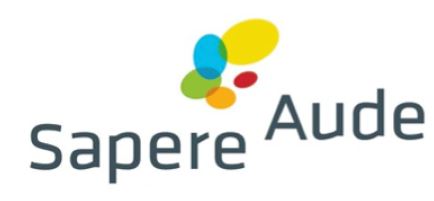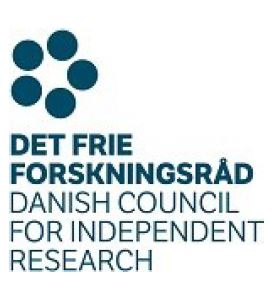Workshop: The Costs of Information
 Between the 10th and the 16th century, economic exchange all over Europe increased remarkably, with ever-changing distribution patterns for goods and ideas. The dynamics and mutability of the economic and social system find a particular expression in the development of urban communities and markets. A number of agents with diverse interest and different degrees of specialization were engaged in or concerned with market activities. Nobility and urban authorities negotiated and established the framework for economic exchange; merchants, craftsmen, entrepreneurs, brokers, hosts and other groups and their associations shaped market design with every single transaction they carried out or decided against.
Between the 10th and the 16th century, economic exchange all over Europe increased remarkably, with ever-changing distribution patterns for goods and ideas. The dynamics and mutability of the economic and social system find a particular expression in the development of urban communities and markets. A number of agents with diverse interest and different degrees of specialization were engaged in or concerned with market activities. Nobility and urban authorities negotiated and established the framework for economic exchange; merchants, craftsmen, entrepreneurs, brokers, hosts and other groups and their associations shaped market design with every single transaction they carried out or decided against.
Information is crucial for successful market participation of individuals, groups and organizations. The level and quality of information available to economic agents defines to a great part their relationship. Though information inimizes mistrust and thus coordination problems, it is not for free. The costs of information may not be forgotten when considering preferences of the many different individuals and groups we encounter at the market. Their behaviour is largely driven by their considerations about the value information has for them.
What one may call the structures, mechanisms or arrangements underlying the acquisition and exchange of information thus deserve a particular attention when we study the functioning of markets. This field of study is closely associated with historical institutional studies that have contributed greatly to our understanding of economic development and activity, e.g. by introducing the interplay of informal and formal institutions or mechanisms and the societal context of markets into economic history.
Departing from these considerations, the workshop brings together papers on the use and handling of information, particularly on northern European marketplaces between the 12th and 18th Century.
 The workshop is part of the research project Coping with Commercialization: Institutionalization in Medieval Commodity Trade and the Economic Integration of Northern Europe which is carried out by Angela Ling Huang (SAXO Institute, University of Copenhagen) and financed by The Danish Council for Independent Research.
The workshop is part of the research project Coping with Commercialization: Institutionalization in Medieval Commodity Trade and the Economic Integration of Northern Europe which is carried out by Angela Ling Huang (SAXO Institute, University of Copenhagen) and financed by The Danish Council for Independent Research.
The event is organized in collaboration with the Arbeitskreis Spätmittelalterliche Wirtschaftsgeschichte.
Please contact Angela Ling Huang in order to register for the event.
This workshop is part of the Sapere Aude research project ‘Coping with Commercialization: Institutionalization in Medieval Commodity Trade and the Economic Integration of Northern Europe’.
Programme
Thursday, 17 November
12:00 - 13:45 Arrival, registration, coffee & lunch
13:45 - 14:00 Introduction
14:00 - 14:45 Keynote lecture by Steven Marks (Clemson University)
The Information Nexus
Discussant: Bjørn Poulsen (Aarhus University)
14:45 - 15:30 Angela Huang (University of Copenhagen)
Inter-city communication on product quality among Hanse towns
15:30 - 16:00 Coffee Break
16:00 - 17:30 Anna Orlowska (Polish Academy of Sciences)
The Cost of Information – Strategies of the 15th 16th Century
Ulla Kypta (University of Basel)
Merchants’ representatives as inter-city information brokers
17:30 - 18:00 General Discussion
19:30 Conference Dinner
Friday, 18 November 2016
Discussant: Tanja Skambraks (Mannheim University)
10:00 - 11:30 Ole Meiners (University of Münster)
Priceless Information. The informal exchange of services and the
establishment of trust in 15th and 16th century Hanseatic trade
networks
Aske Laursen Brock (The School of History, Rutherford)
Knowledge accumulation and social networks in early modern England
11:30 - 13:00 Lunch
13:00 - 14:30 Maria Alexandrova (Moscow State University)
Information, exchange rate, and interest rate in Thomas Gresham’s
practice
Stefan Geißler (ETH Zurich)
The Lloyd´s Lists – A Global Intelligence Unit?
14:30 - 15:00 Coffee Break
15:00 - 15:30 Final Discussion
